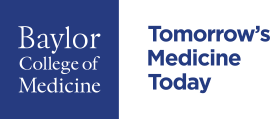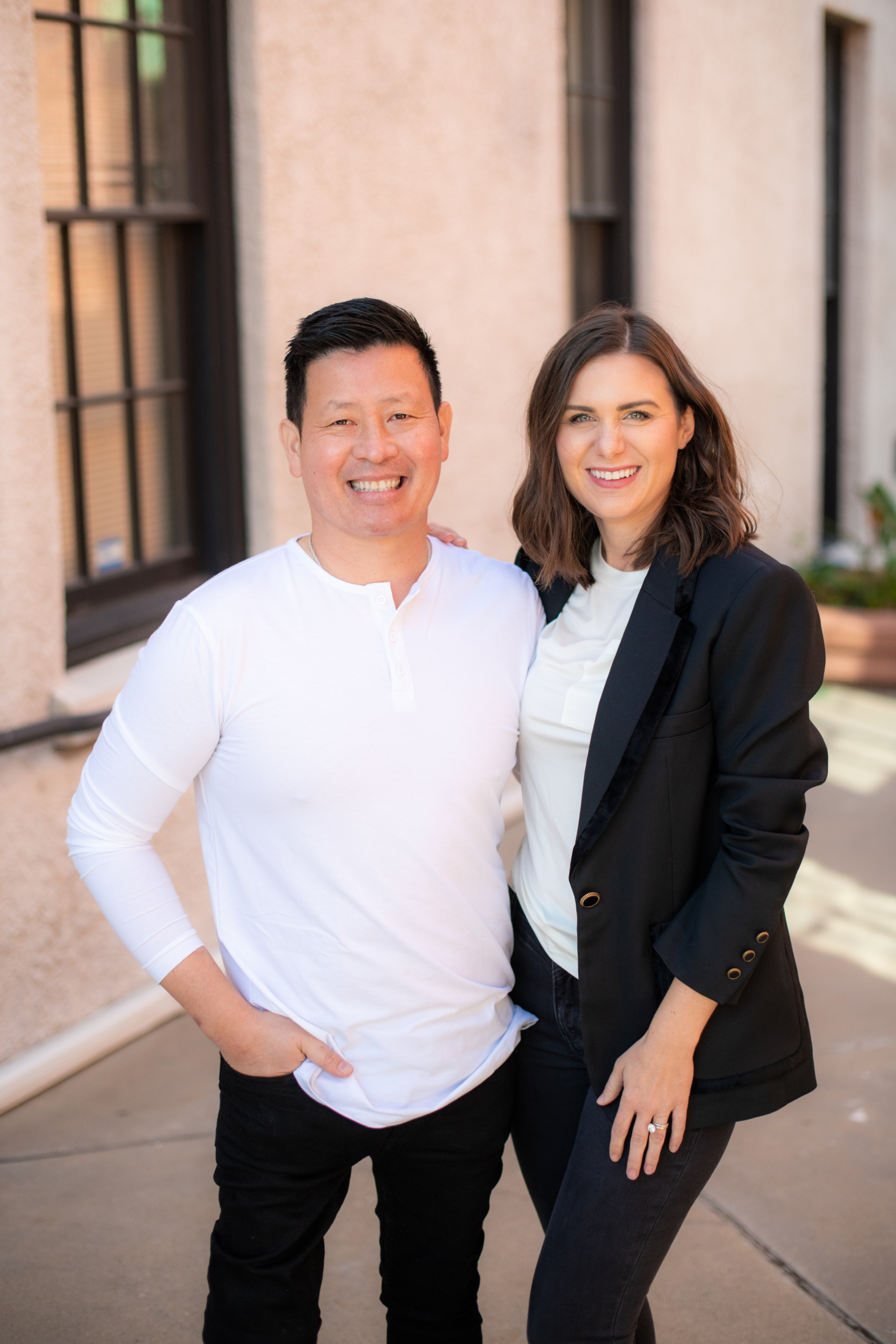HARNESSING LOCAL EXPERTISE FOR GLOBAL CHANGE
Bringing Orthotics and Prosthetics Care Overseas With New 3D Printing
Mobility is something that most of us take for granted until it’s taken away. In the United States, we are fortunate to have many options and personalized care from experts like those in Baylor College of Medicine’s Orthotics and Prosthetics Program. But what do you do when you live in a country where access to artificial limbs and physical therapy are severely limited or even nonexistent?
This is where philanthropy comes in to expand successful and advanced programs like Baylor’s to countries around the world. Brittany and Steve Yeng, the founders of Skrewball Whiskey, wanted to address the gap in global orthotics and prosthetics care. They recently gave $100,000 to Baylor to launch a program for victims of the war in Ukraine and later expand to address similar needs in Africa and Asia.
Mr. Yeng is personally invested in this work to improve orthotics and prosthetics care overseas. He immigrated to the U.S. from Cambodia as a young boy with polio to receive the care he needed for his paralyzed right leg.
“After catching polio and living on a refugee camp for six years, I crawled with sandals in my hands because there were no prosthetics available,” he said.
Now a patient of Jared Howell, M.S., CPO, LPO, FAAOP, director of the Center for Prosthetic and Orthotic Care and Clinical Innovation, Mr. Yeng knows Baylor can help change the global healthcare landscape. The Yengs chose Baylor to carry out their vision of expanding orthotics and prosthetics care because they were confident in its global outreach, collaborative environment, expertise in helping underserved populations and its people.
“We’re committed to ensuring everyone has the mobility they deserve.”
“Mr. Howell’s kindness and belief in this mission inspire us,” Mr. Yeng said. “No one should face such hardship. We’re committed to ensuring everyone has the mobility they deserve.”
With the Yengs’ generous gift, Baylor has launched an exciting new 3D-printing technology with global partners who will help rapidly expand the footprint of orthotics and prosthetics care to countries that lack the resources to utilize these devices.
For example, there are close to 70,000 amputees in Ukraine and only very limited support available to help them regain mobility. The country and many others have a severely limited number of qualified providers to address the needs of millions of individuals with amputation and mobility challenges as well as rehabilitation.
By April 2024, Mr. Howell and his team had moved all of the needed equipment and tools—including the 3D printer—to Ukraine to open a new orthotics and prosthetics center in Uzhhorod. As of October 2024, they were conducting the final training for the Ukrainian center, with production slated to start in mid-November 2024. The Uzhhorod center is now open and is staffed by two full-time physicians. Their goal is to completely automate the process of fitting patients for orthotics and prosthetics, with the aim of 3D-printing 150 artificial limbs for individuals impacted by the war in the first four to five months of the center’s pilot phase and providing rehabilitative care and support. With the later addition of more 3D printers, Jared Howell and his team hope to print 30,000 artificial limbs.
“The Yengs’ support has been instrumental in launching this program and moving it forward,” Mr. Howell said. “They are helping us change the way the world approaches orthotics and prosthetics care. We’ve even installed this technology at Baylor Medicine’s Center for Prosthetic and Orthotic Care in Houston.”
The new technology developed with the Yengs’ funds will also train more doctors to perform this care by making it easy to size, print and fit orthotic and prosthetic devices. This will in turn increase the number of patients who can be seen and rehabilitated. These efforts will also significantly lower the costs of orthotics and prosthetics, thanks to the Yengs’ generous investment, which has opened a whole new world for people in need of new limbs and rehabilitative care.



